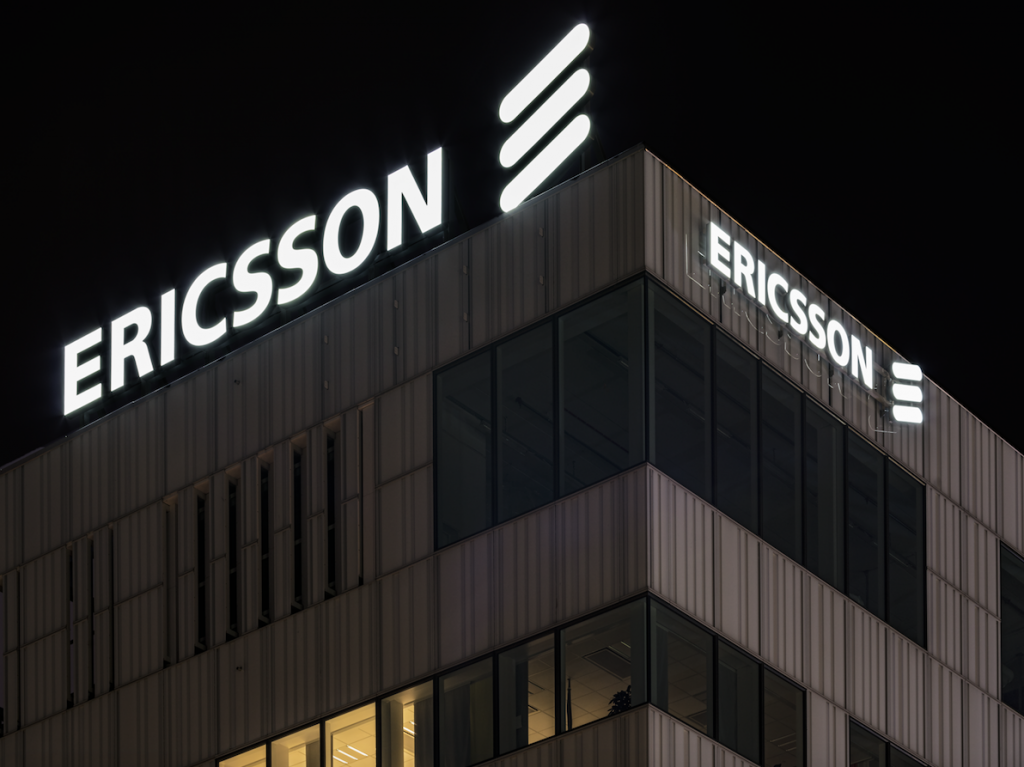It is partly an encouraging development that beleaguered businessman Anil Dhirubhai Ambani was forced to finally settle the Rs 550 crore (and interest) dues his company Reliance Communications owed Swedish telecom major Ericsson Monday. The other part is that he was incapable of coughing up such a small amount. Anil, who faced three months in prison upon default was saved by a whisker after his brother Mukesh Ambani, the richest Indian and head of Reliance Industries Limited, and sister-in-law Nita apparently stepped in to help him repay the sum. It is reported the sum came from the termination of a pact between Anil owned RCom and Mukesh owned Reliance Jio for sale of telecom assets citing delays in approvals from the government and lenders. Anil’s business has been in the doldrums lately as also in the news for wrong reasons for some time now. His defence venture received an offset contract in the Rafale deal which has drawn much negative attention. One positive takeaway from the episode is that although Anil did try to avoid paying up, he finally had to despite his best efforts.
While Ericsson has been able to get its dues from Anil’s firms, lenders such as State Bank of India now stand to lose as RCom’s future grows bleaker. Anil has lost about 99 per cent of his net worth of $31 billion, according to reports, and in the middle of troubles his firms had seen erosion in investor confidence. Ericsson played its cards smartly and has been able to walk away with its claim after Anil’s firm filed for bankruptcy. It is heartening that bankruptcy cannot be used as a shield against punitive action where it is due. The Supreme Court had, while hearing Ericsson’s plea, observed that Anil had funds for the Rafale deal but not for paying up the dues his company owed. Now, with him repaying the dues, his bluff has been called. The case must act as a warning for all those who may intend to or are likely to default on dues, and work as a deterrent. Big businesses in particular need to be held accountable so that they clean up their act and behave responsibly. Contrariwise, it must also be ensured that businesses are not harassed without adequate reason. Businesses that are genuinely struggling must be given the space to lift themselves out of their trouble and recover health as action against such firms would mean livelihoods of a large number of people will also be affected. At a time when the country is facing a shortage of employment, it would be unwise to worsen the situation. However, it is easier said than done since it is extremely difficult to have a system in India that could act as a ‘chowkidar’. In this country, invariably it is the House Guard that gets the abode robbed and looted.
The case of Anil Ambani should, more importantly, act as a reminder for lenders to be more diligent about big-ticket loans. They need to tighten their checks and monitoring of such accounts to ensure that businesses do not abandon financial prudence. Lenders cannot wash their hands off such loans as the burden of compliance finally falls on the shoulders of the ordinary taxpayers of this country. The reputation of firms should not come in the way of decisions of lenders. In fact, the checks on such firms need to be strengthened further to ensure that they are kept on track. The momentum that action against business powerhouses has been gaining should not also be allowed to wane even when governments change. This also is easy to say but very difficult to implement. This very action of Mukesh Ambani bailing out Anil Ambani may be understood by many as if the Rafale deal is indeed a scam. Since it proves the point that Anil is insolvent to the extent that he is unable to pay a mere Rs550 crore, it is certainly possible that he not only will squander even more of banks’ (read taxpayers’) money but also, most likely, cut corners and endanger the nation in matters pertaining to defence. It is an extremely sorry state of affairs that cannot be handled by financial institutions alone.
